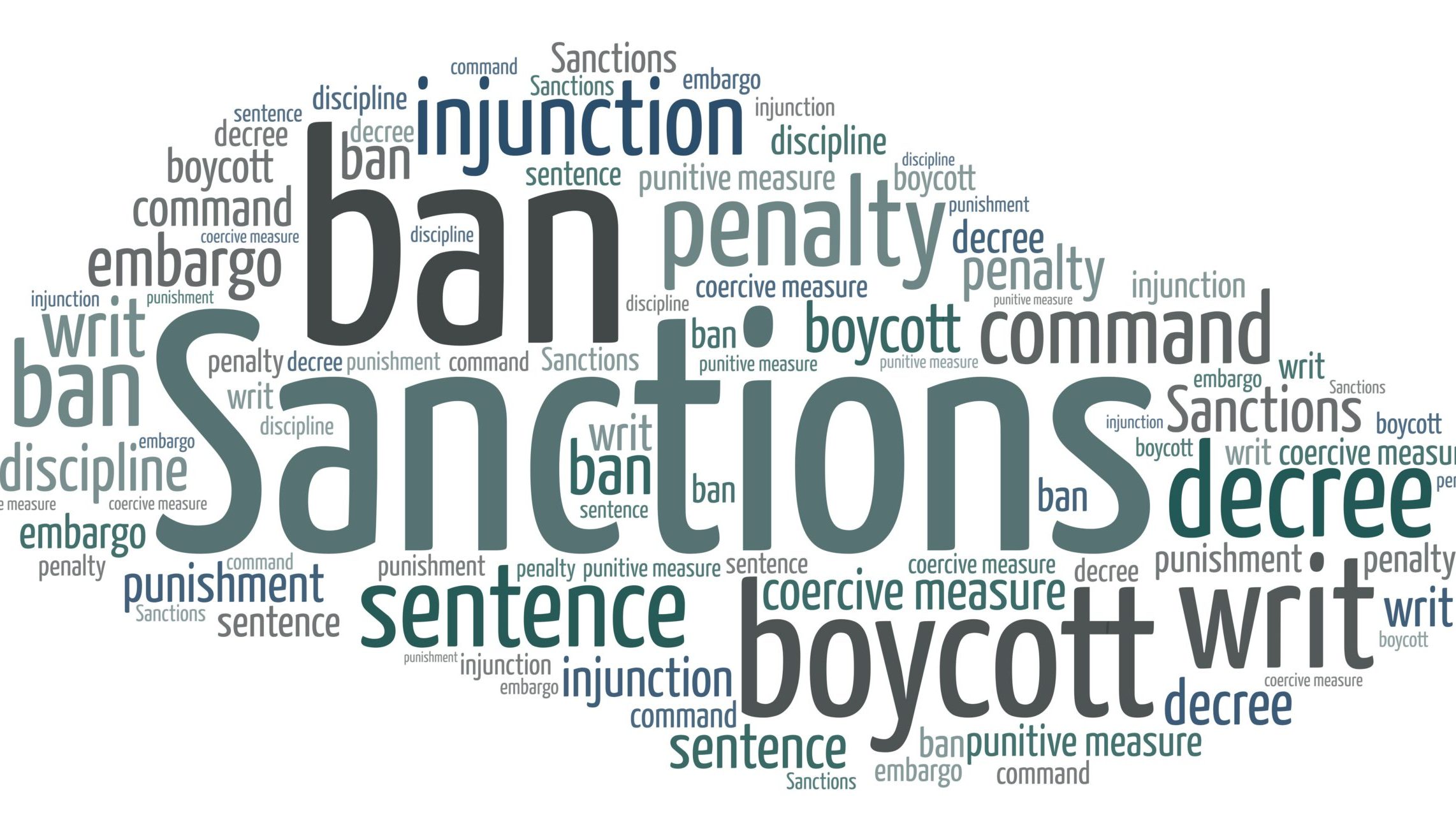What History Can Teach Us About Sanctions on Iran
Al-Sharq Al-Awsat, London, July 5
The Iranian regime is unlikely to collapse until the American elections take place in five months. It is also unlikely that the mullahs will retreat from their aggressive behavior both internally and externally. But after November 3, when the presidential election takes place in the US, all possibilities are open. Things could change dramatically, depending on who’s sitting in the White House. However, before jumping into predictions about the future of the political war between Washington and Tehran, it might be best, perhaps, to turn to relevant examples from the past. The sanctions under which Saddam Hussein’s regime existed in Iraq between 1990 to the US invasion in 2003 were very similar in nature to the harsh sanctions regime that exists against Iran today. The lesson from Saddam is that sanctions did not succeed in changing his behavior or policies. Such authoritarian regimes do not care about the agony of their citizens. Moreover, these regimes use sanctions to promote their own propaganda. For example, Saddam manipulated UNICEF to believe that over half a million Iraqi children had died as a result of the sanctions against him. However, later research showed that these figures were fabricated by the regime. It also became apparent that the ruling circle itself was not affected, which partly convinced Washington of the need to invade and topple the regime by force after failing to change its policies. Does this mean that the severe economic sanctions that apply to Iran today are useless? Yes and no. On the one hand, sanctions will neither affect the regime directly nor will they change the mullahs’ key political positions. However, they are very useful in weakening the regime’s internal grip. This has been confirmed by the repeated protests we’ve seen in Tehran and other cities. Furthermore, sanctions have curtailed Iran’s foreign military activity in places like Syria and Lebanon, and even in Iraq and Yemen. The regime spent billions of dollars to manage its massive military activities outside its borders, including the financing of tens of thousands of militia fighters. The financial collapse of Hizbullah, Iran’s largest foreign militia, is a direct result of the US sanctions. The Iranian government’s income has fallen by more than 70% and it is severely struggling to pay the salaries of teachers, doctors and government staff. Granted, this doesn’t mean that the supreme leader will simply step down. He is likely to wait and see what happens in the election. Also, we don’t know how a Democratic president like Joe Biden will approach the question of sanctions. Will he lift them? I doubt it because, after signing the comprehensive agreement, Iran proved that it had become more dangerous to US interests and American allies in the region. Worse, if Trump is re-elected, the mullahs will face a more dangerous and hawkish administration. Then they will be forced to choose between the fate of Saddam and cooperation with the West in return for a new nuclear agreement in which they will refrain from their foreign military activities and pledge to limit their nuclear activities. – Abd Al-Rahman Al-Rashed (translated by Asaf Zilberfarb)


